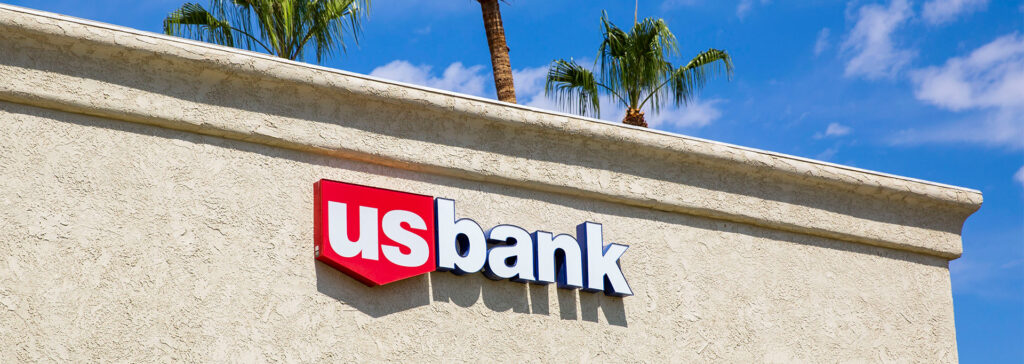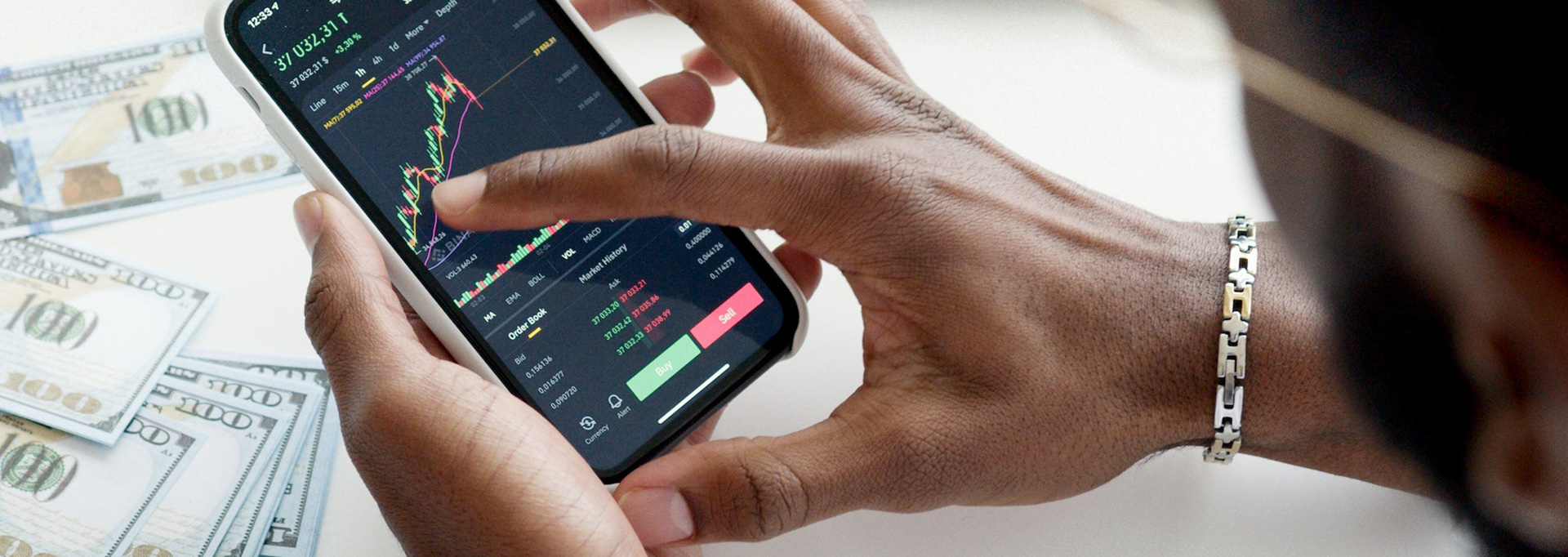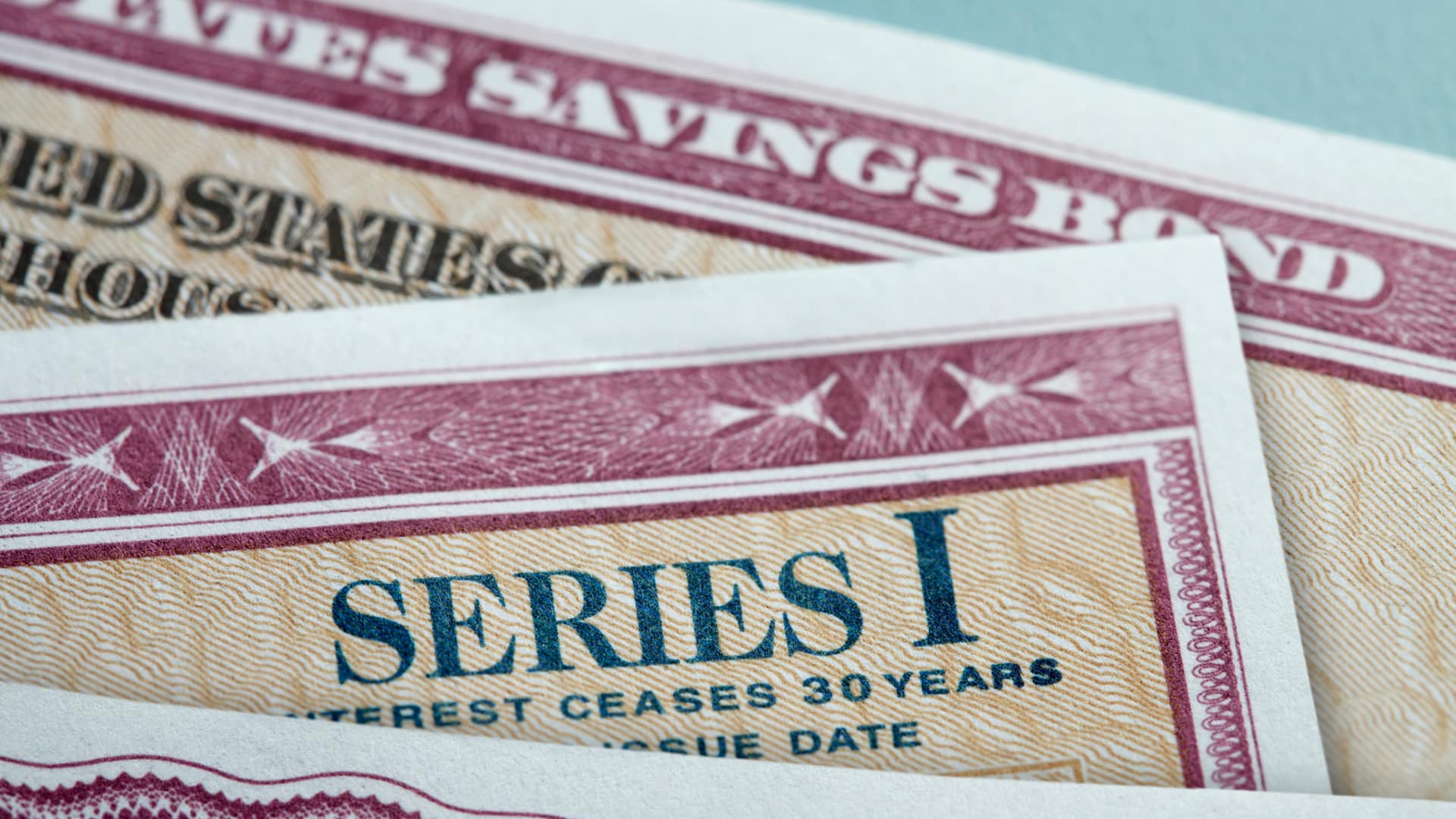Most products on this page are from partners who may compensate us. This may influence which products we write about and where and how they appear on the page. However, opinions expressed here are the author's alone, not those of any bank, credit card issuer, airline or hotel chain.
Whether you're looking for a place to store some emergency savings or you want to shield a portion of your portfolio from market volatility, a CD or a money market account could be a good solution to consider. The challenge is figuring out which option makes the most sense for your situation.
Both CDs and money market accounts represent low-risk ways to earn more money on your savings compared with traditional deposit accounts. Yet you need to do some research and ask yourself a few questions to determine whether a CD or money market account is the best place to store your cash.
Here are the details you need to know to make an informed decision.
CDs Vs. Money Market Accounts: Understanding the Basics
Let's start with a quick review of how each of these deposit accounts works.
What Is a Certificate of Deposit?
A CD, or certificate of deposit, is a type of bank account you can open with many banks, credit unions or financial institutions. When you open a CD, you agree not to touch the funds you deposit in the account for a set period of time. In exchange for agreeing not to withdraw the funds, the financial institution pays you interest. And the interest rate (also called the annual percentage yield or APY) on a CD is often higher than the interest you'll earn on other types of deposit accounts. Many of the best CD rates are in the 3.00% and even 4.00% range at the time of writing.
CDs come with varying terms. You might open a 30-day CD, a 90-day CD, a six-month CD, a five-year CD, etc. If circumstances change, you can generally access your money early. However, you may have to pay an early withdrawal penalty to do so. This penalty could offset or even negate any interest you might have had the potential to earn on the account. That said, there are also some solid no-penalty CDs available that allow more flexibility with early withdrawals.
Featured Certificate of Deposit
CIT Bank Term Certificates of Deposit
- Our Rating 3.5/5 How our ratings work Read the review
- Minimum
Deposit Required$1,000 - 1 Year APY0.30%
Annual Percentage Yield is accurate as of April 2, 2024. Interest rates for CIT Bank's term CDs are variable and subject to change at any time without notice
- 3 Year APY0.40%
Annual Percentage Yield is accurate as of April 2, 2024. Interest rates for CIT Bank's term CDs are variable and subject to change at any time without notice
- 13-Month APY3.50%
Annual Percentage Yield is accurate as of April 2, 2024. Interest rates for CIT Bank's term CDs are variable and subject to change at any time without notice
Many banks that offer CDs require customers to commit to lengthy terms of several years or more in order to earn the highest interest rates available. However, with CIT Bank's term CDs, the opposite is true. To get the best rates at CIT, you'll need to open one of its shorter-term CDs, such as its 13-month CD that pays 3.50% APY. If you want an easy way to save more money without having to wait years, CIT Bank's term CDs are a solid option.
Overview
If you’re looking for a dependable way to earn interest on your money in the short term, CIT Bank’s certificates of deposits may be an excellent choice for you. However, those looking to open a long-term CD may be better off looking elsewhere.
Read the reviewPros
- Strong rates for 13- and 18-month terms
- FDIC insured
Cons
- Rates for longer terms unimpressive
What Is a Money Market Account?
A money market account is a special type of savings account that has checking account features too. With a money market account, you're federally allowed to make up to six withdrawals each month. So, you don't have to deposit your money and leave it alone like you do with a CD. Your bank or credit union may also give you a debit card and checks to make accessing the funds in your account easier.
Many money market accounts also tend to feature higher APYs than standard savings accounts. Some of the best money market accounts currently have APYs of 2.00% or higher. When you compare that to the national average interest rate of just 0.23% on savings accounts (FDIC data, October 2022), you can see how storing your savings in a money market account has the potential to help you earn a lot more interest on your money.
Featured Money Market Account
UFB Direct Secure Money Market Account
- Our Rating 4/5 How our ratings work Read the review
- APY5.25%
UFB Direct breaks balances into five tiers, but, currently, there is only one interest rate.
- Minimum
Deposit RequiredN/A - Intro Bonus N/A
The UFB Direct Secure Money Market account offers up to 5.25% APY on balances, which is competitive with the very best money market accounts. This account also doesn't feature a minimum opening balance requirement, which makes it a viable option regardless of how often you need to move your money around.
Overview
With no minimum opening balance requirement, UFB Direct’s Secure Money Market Account is an extremely attractive option. It offers high interest rates on all balance tiers, as well as handy features like limited check-writing privileges and debit card access.
Read the reviewPros
- Option to waive monthly maintenance fee
- Competitive interest rate
- Free debit card
- Limited check-writing privileges
Cons
- Monthly maintenance fee applied for low account balances
- No associated checking account offered
Pros and Cons and CDs and Money Market Accounts
If you're considering storing funds in either a CD or a money market account (or perhaps putting some money in both), it's wise to understand the benefits and drawbacks that these deposit accounts have to offer.
Certificate of Deposit Pros and Cons
Pros
- (Typically) fixed interest rates that don't fluctuate with the market
- Higher APY earnings compared with many other types of deposit accounts
- FDIC-insured up to $250,000 (per depositor, per account type, per financial institution)
- Monthly maintenance fees generally don't apply
Cons
- No access to funds until CD reaches maturity
- Early withdrawal penalties may apply for early funds access (with the exception of no-penalty CDs)
- Fixed rates could work against you if interest rates climb
Money Market Account Pros and Cons
Pros
- Flexibility to access funds with up to six withdrawals per month
- Interest rates tend to be higher than standard savings accounts
- FDIC-insured up to $250,000 (per depositor, per account type, per financial institution)
- Can remove temptation to spend if saving for short-term goals or emergencies
Cons
- Interest rates typically lower than CDs
- Monthly maintenance fees may apply
- Minimum balance requirements may apply
- Maximum of six withdrawals per month
When a CD May Be Best

There are numerous scenarios when a certificate of deposit might make more sense as a savings vehicle than a money market account. Below are a few examples.
- You have long-term savings goals. If you have long-terms savings goals, a CD might be a good place to park a portion of your portfolio. For example, you might be working to save money for a down payment on a home in the next three years. In this situation, storing some of the savings you already have in a 3-year CD might be a savings solution worth considering.
- You prefer to minimize risk. The stock market traditionally produces higher returns than CDs over time — with historical annual returns of around 10% according to the SEC. At the same time, the market can be unpredictable and volatile. Over the short term there's a definite risk that you could lose money before your portfolio has a chance to rebound. If you prefer to avoid the risk of market volatility with a portion of your portfolio, CDs could provide a safer investment vehicle.
When a Money Market Account May Be Best
In other situations, a money market account might be better suited to fulfill your savings needs.
- You need access to your cash. Unlike CDs, money market accounts allow you to withdraw funds up to six times per month without penalty. (You may even be able to make additional withdrawals in person or through an ATM, depending on the bank or credit union's policy.)
- You have short-term savings goals. A money market account might be a good place to tuck away cash for holiday savings, a wedding fund, vacation savings and more. If you don't know exactly how long it will take you to reach your savings goal, the flexibility of a money market account could be an added bonus, even if the interest you earn is a bit lower compared with some CD rates.
Bottom Line
Making an effort to manage your finances wisely and save money already puts you in a better financial position. So be sure to give yourself credit for the hard work you're already doing.
Yet if you can couple those good habits with the right savings vehicle, you could earn more interest and grow your savings at an expedited rate. This approach could help you reach your financial goals even faster, and protect your savings at the same time.



















